The Royal Academy of Engineering invites proposals for ingenious public engagement grants.
The Royal Academy of Engineering is supporting innovative ideas which will help engineers to communicate their passion and expertise to a wider audience. The academy is welcoming applications from different types of organisation and if successful funding from £3,000 to £30,000 is available per project.
In order to be successful in your application, the Royal Academy of Engineering is asking you to ensure that your project aims to achieve at least three certain criterions, stated on the funding website.
The closing date for this funding opportunity is the 30th September 13 and applications need to be in by 5:30pm.
You can find out more about this ingenious grant scheme here: http://www.researchprofessional.com/funding/opportunity/1207065/
The Science and Technology Facilities Council – science-in-society small awards scheme.
The science and Technology Facilities Council are inviting applications for the science-in-society small awards. The aim of the scheme is to fund small, local or pilot projects that promote STFC science and technology. In order for your application to be successful, the project must be relevant to one or more of the STFC science areas, which are listed on the website.
Eligible applicants include STFC research facility users, grant-funded research groups, schools and also museums. Those successful can be awarded between £500 and £10,000 and may cover expenses for materials, salaries, travel and subsistence.
The closing date for applications is 10th October 13; applications must be in by 4pm.
You are able to find out more about the small awards scheme here: http://www.researchprofessional.com/funding/opportunity/256087/
The Institute of Physics
The Institute of Physics are inviting applications for public engagement grants. The scheme will provide financial support to those individuals and organisations that are running physic-based events and activities throughout the UK and Ireland.
Those eligible applicants include; members of IOP, researchers in academic or industry, schools, museums, community groups, not-for-profit organisations, art groups and libraries, however it is not limited to these!
Successful applicants can win a grant worth up to £1,500.
The closing date for applications is 22nd October 13; due in by 12 noon.
You can find out more about the Institute of Physics public engagement grants and how to apply here: http://www.researchprofessional.com/funding/opportunity/256904/
The Welcome Trust – People awards.
The welcome trust are also inviting applications for their people awards, which enable individuals to explore the impact of biomedical science on society, its historical roots, effects on different cultures, or the ethical questions that it raises.
The awards aim to support those small-to-medium-sized one-off projects or projects which pilot new ideas with a view to scale up or become sustainable following the grant, or they can part-fund larger projects. The project should aim to achieve at least one of the conditions, which is clearly stated on the website (link to follow).
The scheme is available to a large scale of people, including; mediators and practitioners of science communication, science centre of museum staff, artists, educators, film makers, theatre producers, game developers, health professionals and academics in bioscience, social science, bioethics and history.
For those successful applications, there is up to £30,000 available per project.
The closing date for applications is 25th October 13; applications are due in by 5pm. 
To find out more please visit:http://www.researchprofessional.com/funding/opportunity/246180/
The Welcome Trust – Arts awards for small to medium-sized projects
Again, The Welcome Trust are also inviting applications for their arts awards for small to medium-sized projects which supports imaginative and experimental art projects that investigate biomedical science.
The scheme is available to a large number of people including; artists, scientists, curators, filmmakers, writers, producers, directors, academics, science communicators, teachers, arts workers and education officers.
An award of up to £30,000 is available for projects that last a maximum of 3 years.
The closing date for applications is 01 November 13 and due in by 5pm.
Please find out more here:http://www.researchprofessional.com/funding/opportunity/255353/
Royal Society of Edinburgh – Nominations for its prizes for public engagement
The Royal Society of Edinburgh is inviting nominations for their prizes for public engagement with the aim to recognise and promote excellence in the emerging field of public engagement with research. There are two prizes to be awarded.
The closing date for applications is 13th January 14.
To find out more, please visit: http://www.researchprofessional.com/funding/opportunity/1019593/
The Arts and Humanities Research Council – follow-on funding for impact and engagement scheme.
The Arts and Humanities Research Council are inviting applications for the following scheme. This scheme provides funding for creative and innovative engagements with new audiences and user communities which stimulate pathways to impact.
Successful applications can be awarded up to £100,000 for a maximum of 12 months and small awards of up to £30,000 can be used for higher risk and shorter activities.
There is NO deadline for applications!
Be sure to find out more! http://www.researchprofessional.com/funding/opportunity/1002695/
If you have any questions or queries relating to the current funding opportunities available, or public engagement in general, please do not hesitate to contact Dr Rebecca Edwards on redwards@bournemouth.ac.uk OR extension number: 61206
 Don’t fancy the pure online mode of delivery for the Research Ethics training in myBU? Prefer an alternative? We are holding two University-wide sessions where you will get the opportunity to go through the e-module and discuss any aspects of the training with colleagues and then finish by taking a paper quiz, which will confirm your completion of the e-module. These sessions are primarily targeted at those members of staff who have yet to complete the e-module; however, anyone is welcome!
Don’t fancy the pure online mode of delivery for the Research Ethics training in myBU? Prefer an alternative? We are holding two University-wide sessions where you will get the opportunity to go through the e-module and discuss any aspects of the training with colleagues and then finish by taking a paper quiz, which will confirm your completion of the e-module. These sessions are primarily targeted at those members of staff who have yet to complete the e-module; however, anyone is welcome!



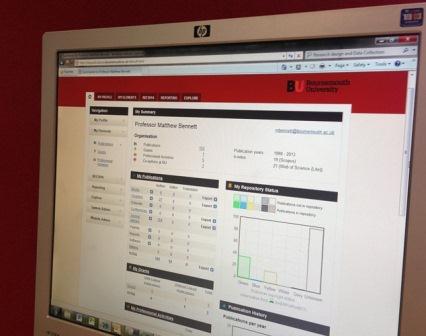
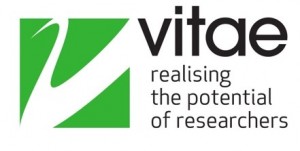

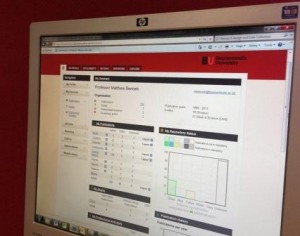
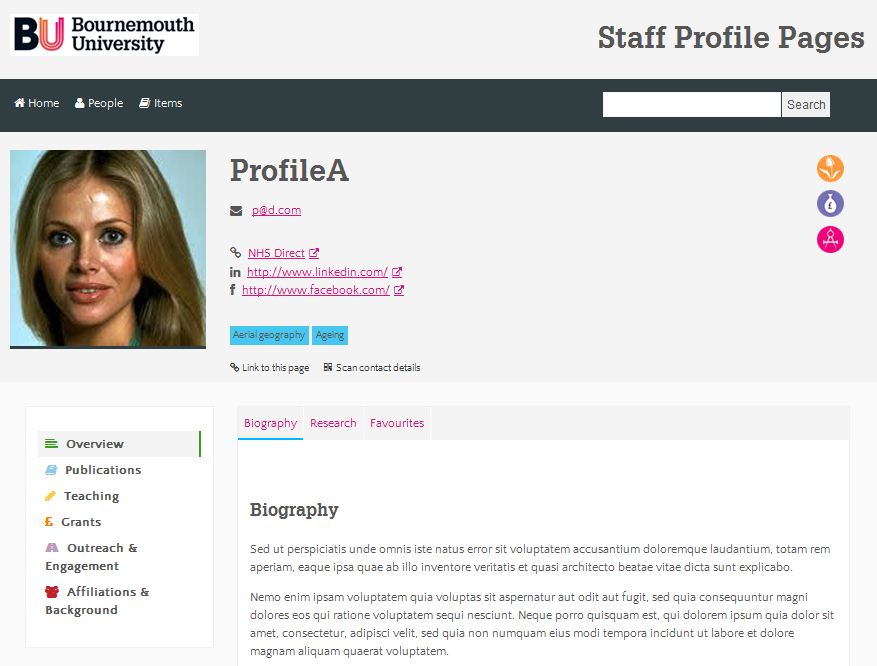
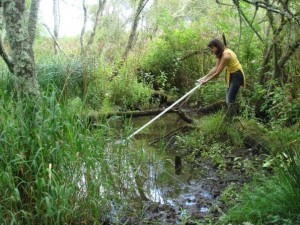


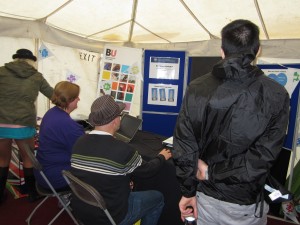

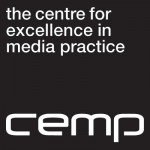

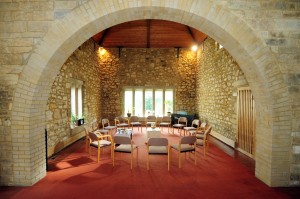












 REF Code of Practice consultation is open!
REF Code of Practice consultation is open! BU Leads AI-Driven Work Package in EU Horizon SUSHEAS Project
BU Leads AI-Driven Work Package in EU Horizon SUSHEAS Project Evidence Synthesis Centre open at Kathmandu University
Evidence Synthesis Centre open at Kathmandu University Expand Your Impact: Collaboration and Networking Workshops for Researchers
Expand Your Impact: Collaboration and Networking Workshops for Researchers ECR Funding Open Call: Research Culture & Community Grant – Apply now
ECR Funding Open Call: Research Culture & Community Grant – Apply now ECR Funding Open Call: Research Culture & Community Grant – Application Deadline Friday 12 December
ECR Funding Open Call: Research Culture & Community Grant – Application Deadline Friday 12 December MSCA Postdoctoral Fellowships 2025 Call
MSCA Postdoctoral Fellowships 2025 Call ERC Advanced Grant 2025 Webinar
ERC Advanced Grant 2025 Webinar Update on UKRO services
Update on UKRO services European research project exploring use of ‘virtual twins’ to better manage metabolic associated fatty liver disease
European research project exploring use of ‘virtual twins’ to better manage metabolic associated fatty liver disease